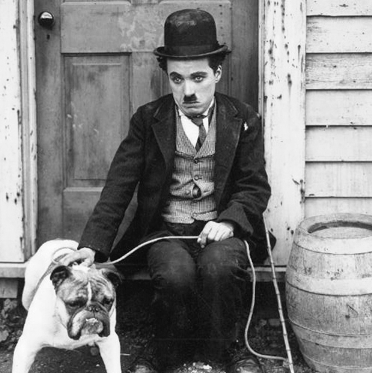
Searching for the Best 5 Comedians of All Time? Bored with series or dramas? Let’s watch some comedy of The Best 5 Comedians of All Time. Comedy has a unique power to bring joy, provoke thought, and create connections among diverse audiences. Throughout history, countless comedians have left an indelible mark on the world of humor. While the list of greats can vary from person to person, certain names consistently rise to the top. Here, we explore five of the best comedians of all time, their contributions to the art of comedy, and what makes them unforgettable.
The Best 5 Comedians of All Time
Table of Contents
1. Charlie Chaplin: The Pioneer of Silent Comedy
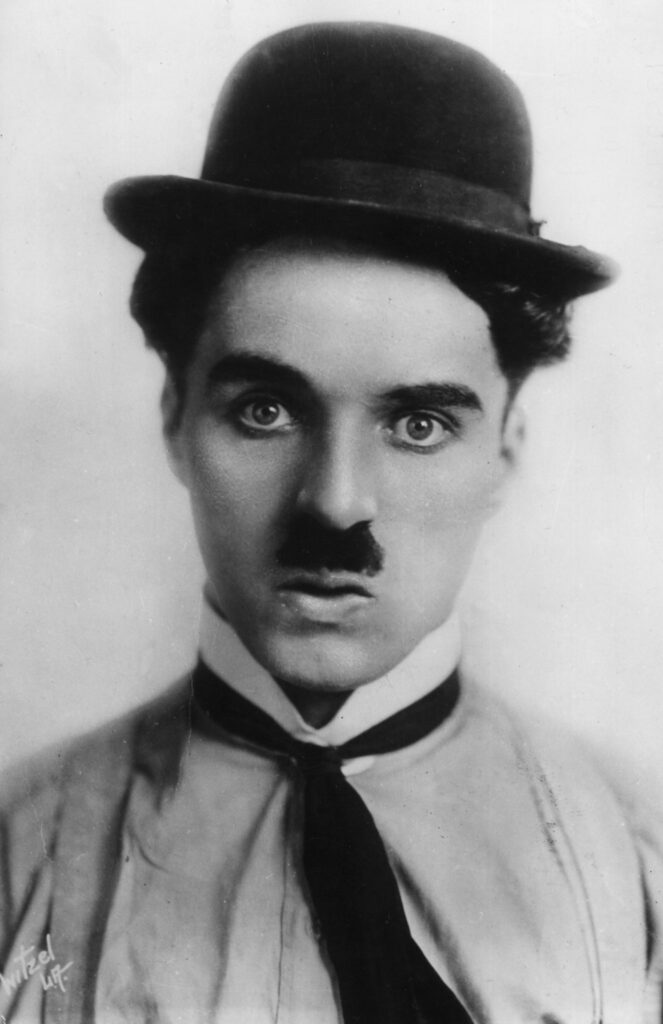
Key Works: The Kid, City Lights, Modern Times
Charlie Chaplin is often regarded as one of the most significant figures in the history of cinema and comedy. Born in 1889 in England, Chaplin’s portrayal of the Tramp, with his bowler hat, toothbrush mustache, and cane, became iconic. His ability to convey deep emotions without dialogue in an era dominated by silent films showcased his genius.
Chaplin’s films tackled social issues and the human condition, making audiences laugh while also prompting reflection. Modern Times (1936) critiques the mechanization of society and the struggles of the working class, while The Kid (1921) intertwines humor and heartbreak through the relationship between a man and an orphaned child.
His influence can still be seen today in physical comedy and character-driven narratives, laying the groundwork for future generations of comedians and filmmakers.
2. Richard Pryor: The Voice of a Generation
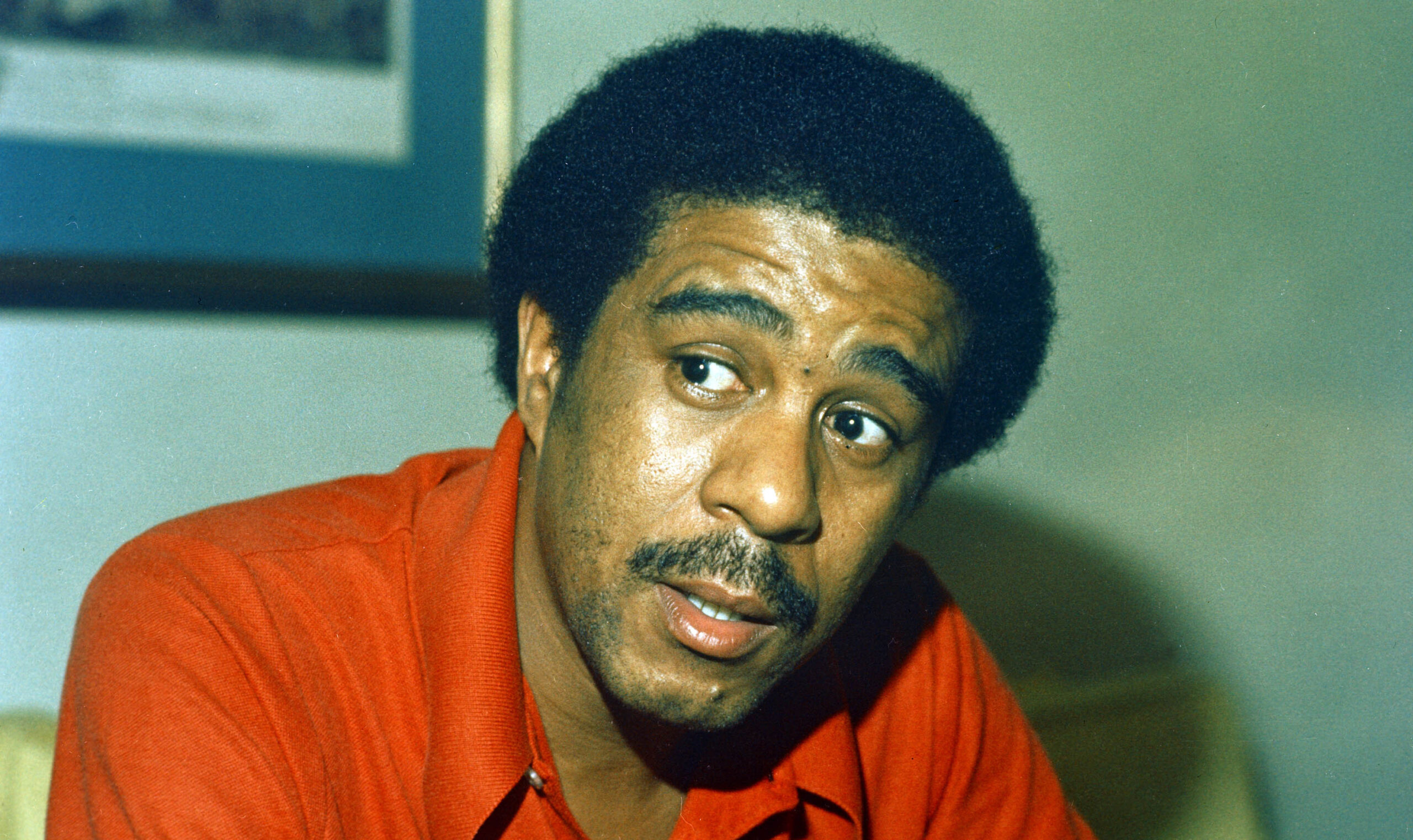
Key Works: Live on the Sunset Strip, That Nigger’s Crazy
Richard Pryor transformed stand-up comedy with his raw, unfiltered approach. Born in 1940, Pryor’s life experiences, from growing up in a troubled environment to his struggles with addiction, shaped his comedic voice. He uniquely blended humor with serious themes, exploring race, sexuality, and personal trauma.
His groundbreaking stand-up performances were marked by a candidness that resonated deeply with audiences. Pryor tackled topics that many avoided, using humor as a tool for social commentary. Live on the Sunset Strip (1982) remains a seminal work that captures his brilliance and vulnerability.
Pryor’s influence can be seen in the work of contemporary comedians who continue to draw inspiration from his fearless approach. He broke barriers, paving the way for African American comedians in the mainstream.
3. George Carlin: The Master of Social Commentary
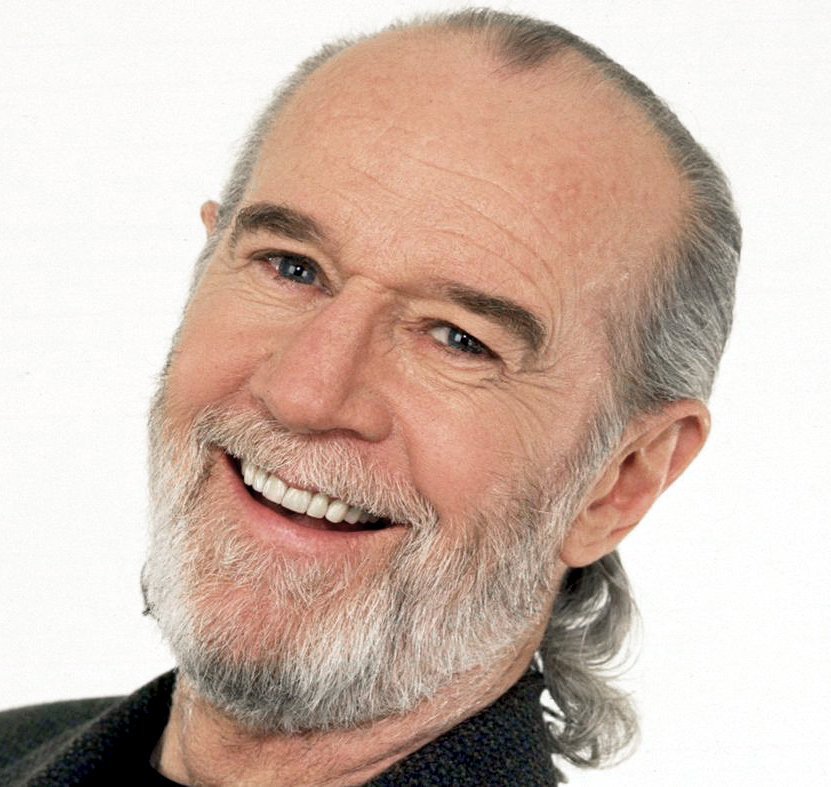
Key Works: Class Clown, Jammin’ in New York
George Carlin, known for his sharp wit and incisive commentary, was a master at dissecting society and culture. Born in 1937, Carlin’s career spanned decades, during which he challenged societal norms and pushed the boundaries of language and humor. His routines often tackled controversial subjects, from politics to religion, making audiences both laugh and think.
Carlin’s use of language was revolutionary; he often played with words, creating memorable phrases that have become part of the cultural lexicon. His routine on the “seven words you can never say on television” remains a landmark moment in comedy history, illustrating his commitment to freedom of speech.
With his fearless approach, Carlin not only entertained but also encouraged critical thinking among his audiences, influencing countless comedians to engage with societal issues through humor.
4. Joan Rivers: The Trailblazer of Female Comedy
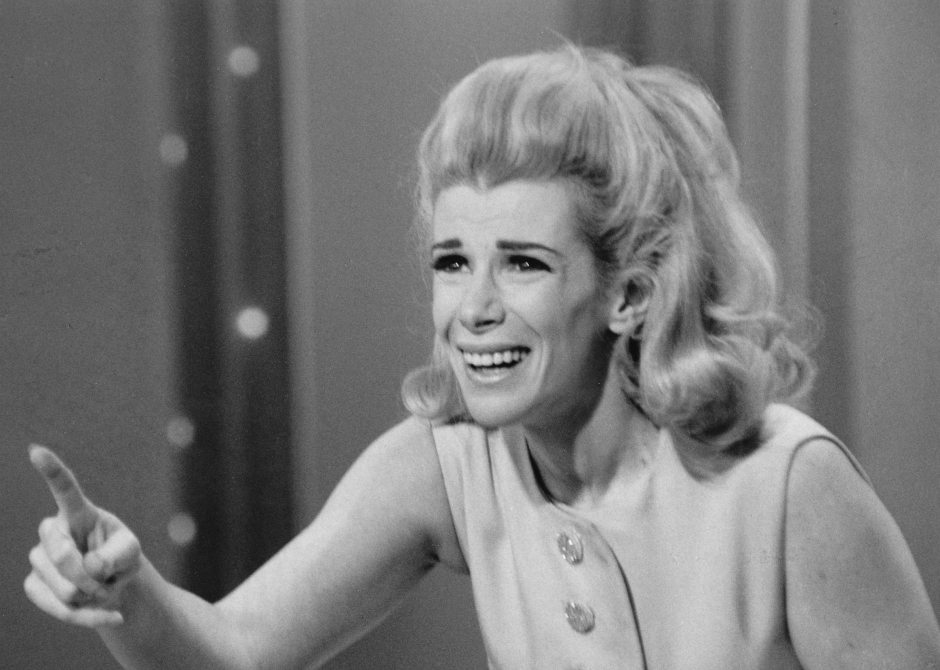
Key Works: The Joan Rivers Show, Can We Talk?
Joan Rivers was a force of nature in the comedy world. Born in 1933, she broke barriers as one of the first female stand-up comedians to gain prominence in a male-dominated industry. Rivers was known for her sharp wit, fearless humor, and penchant for self-deprecation, often discussing her life and experiences in a way that resonated with audiences.
Her ability to tackle taboo subjects with humor made her a trailblazer for women in comedy. She often used her platform to discuss ageism, beauty standards, and celebrity culture, challenging societal norms while keeping audiences laughing. Rivers’ boldness and authenticity paved the way for future female comedians, making her an essential figure in comedy history.
Her contributions to television and stand-up have left a lasting legacy, inspiring many to follow in her footsteps.
5. Dave Chappelle: The Modern Satirist
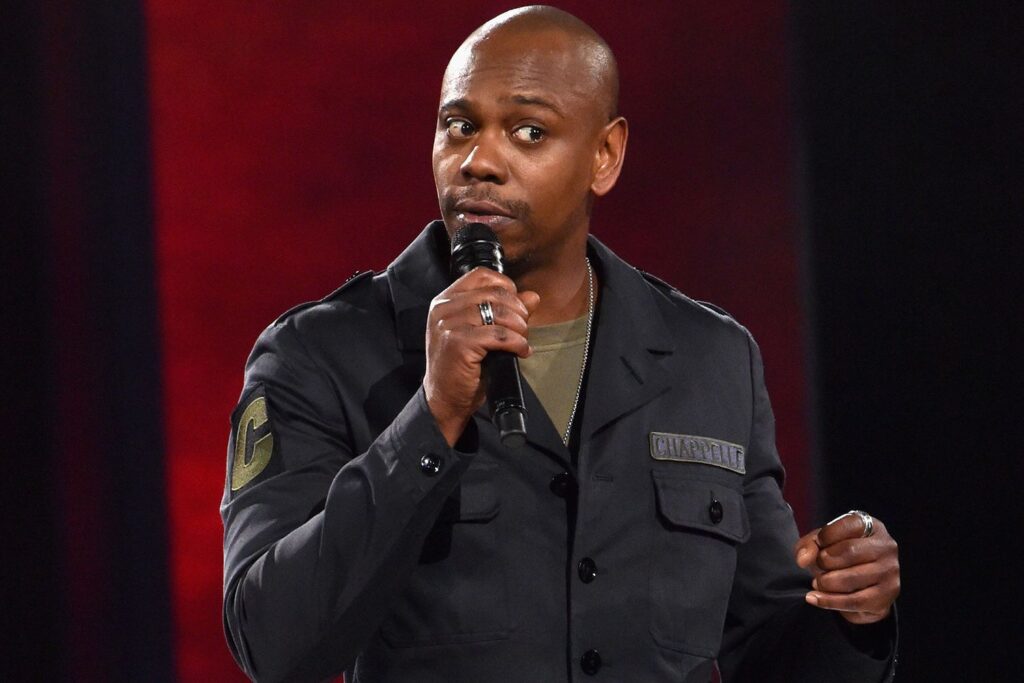
Key Works: Chappelle’s Show, Sticks & Stones
Dave Chappelle has emerged as one of the most influential comedians of the 21st century. Born in 1973, his career skyrocketed with Chappelle’s Show, which blended sketch comedy with sharp social commentary. His ability to tackle sensitive topics, such as race, identity, and politics, with humor has earned him both acclaim and controversy.
Chappelle’s stand-up specials, including Sticks & Stones (2019), showcase his brilliance in storytelling and his knack for addressing complex societal issues. His fearless approach to comedy resonates with audiences who appreciate his candidness and thought-provoking humor.
Chappelle’s impact extends beyond comedy; he has sparked conversations about race and social justice, using his platform to address critical issues in society. His work continues to inspire and challenge both comedians and audiences alike.
| Comedian | Key Works | Style & Influence |
|---|---|---|
| Charlie Chaplin | The Kid, City Lights, Modern Times | Silent film, physical comedy |
| Richard Pryor | Live on the Sunset Strip, That Nigger’s Crazy | Stand-up, storytelling, candidness |
| George Carlin | Class Clown, Jammin’ in New York | Social commentary, observational humor |
| Joan Rivers | The Joan Rivers Show, Can We Talk? | Boldness, self-deprecation |
| Dave Chappelle | Chappelle’s Show, Sticks & Stones | Satire, cultural commentary |
Conclusion
While comedy is subjective, the legacies of these five comedians are undeniable. Charlie Chaplin’s silent brilliance, Richard Pryor’s raw honesty, George Carlin’s incisive critiques, Joan Rivers’ groundbreaking presence, and Dave Chappelle’s modern satire each represent significant contributions to the art form. They made audiences laugh and prompted them to think, reflect, and engage with the world around them.
As we celebrate comedic legends, we recognize the power of humor to transcend boundaries and bring people together. Their influence continues to shape the landscape of comedy today, reminding us that laughter can be both an escape and a catalyst for change.

